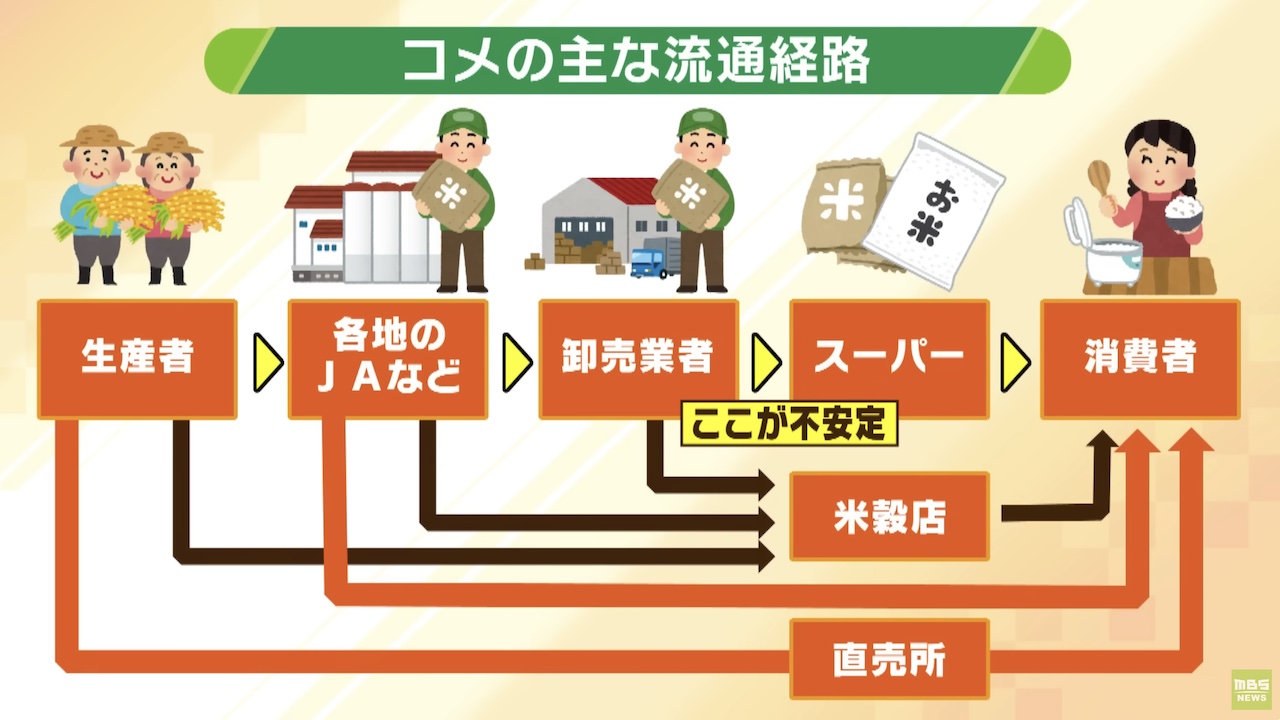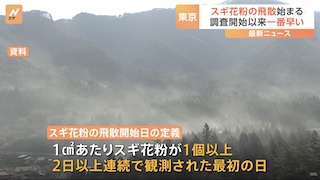TOKYO, Aug 20 (News On Japan) - The ongoing scarcity of rice in supermarkets across Japan has left many wondering why shelves are bare despite government assurances that there is no overall supply crisis.
The current situation is the result of several overlapping factors: extreme heat, changes in distribution channels, and consumer behavior. While the official data shows a stable rice production index of 101, indicating normal production levels, the reality is that the high temperatures have led to a decline in quality, making much of the rice unsuitable for the usual consumer market.
Additionally, Japan’s rice distribution has changed significantly since the deregulation of the market. While large supermarkets used to rely on central wholesalers, many now purchase directly from farmers or through small distributors. This shift has made it difficult to secure large, consistent supplies, leading to the current scarcity.
Experts advise consumers not to panic. In about three weeks, new rice from major producing regions will start to hit the market, which should ease the current shortage. It’s important to remember that the current situation is temporary and that rice supplies are expected to return to normal levels soon.
In the meantime, consumers are encouraged to avoid stockpiling, which could worsen the situation. The government continues to monitor the situation closely and assures the public that there is no long-term threat to the rice supply.
Source: MBS
















